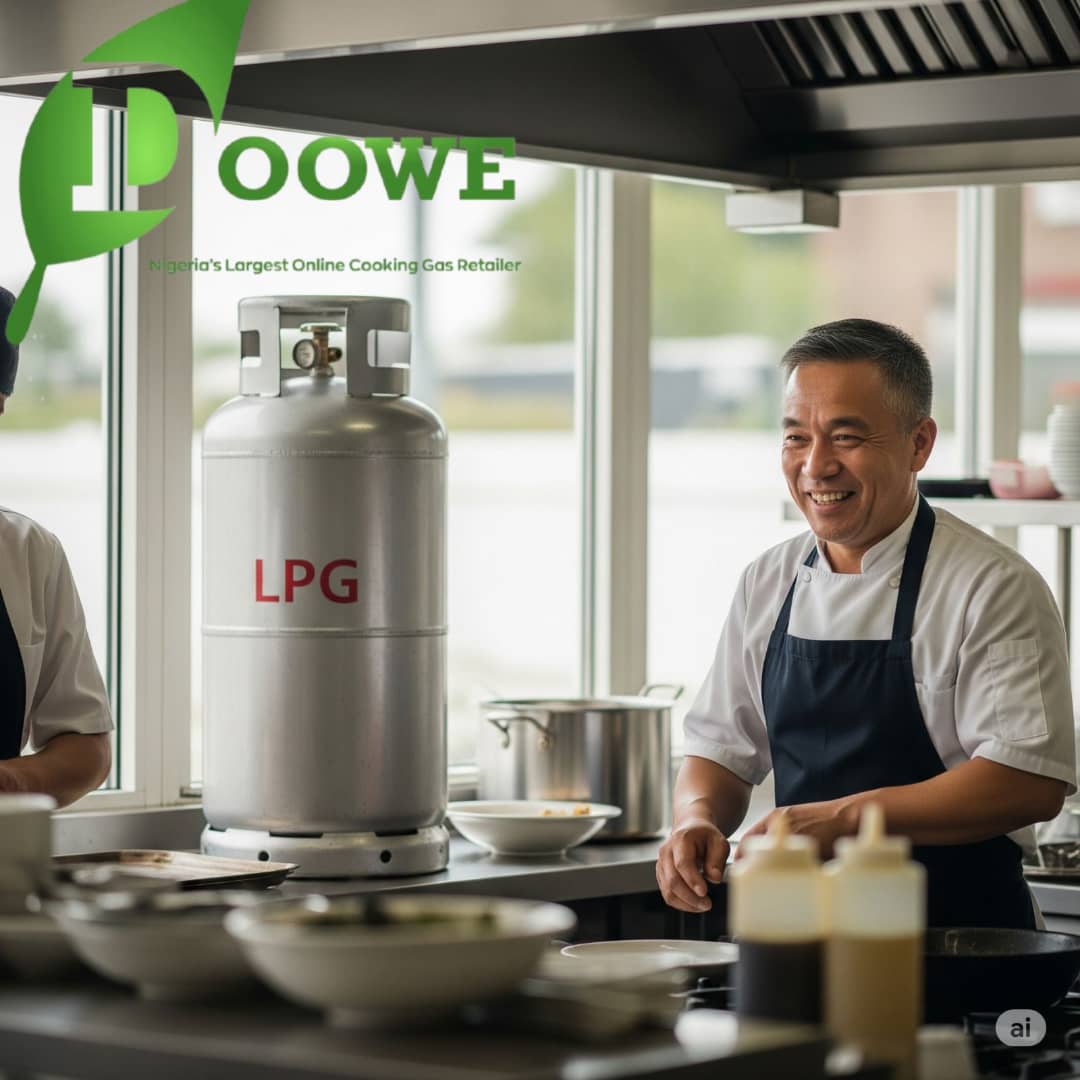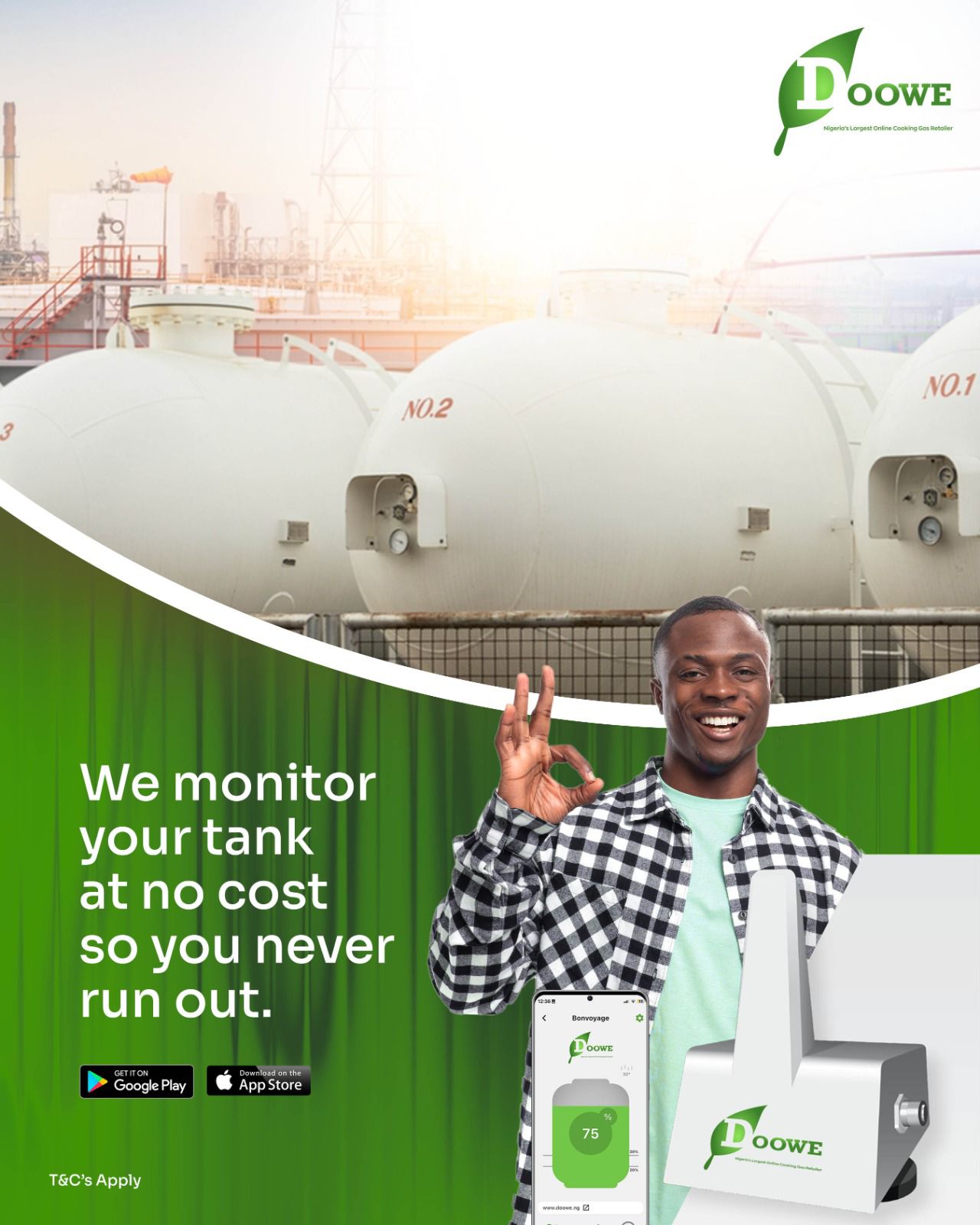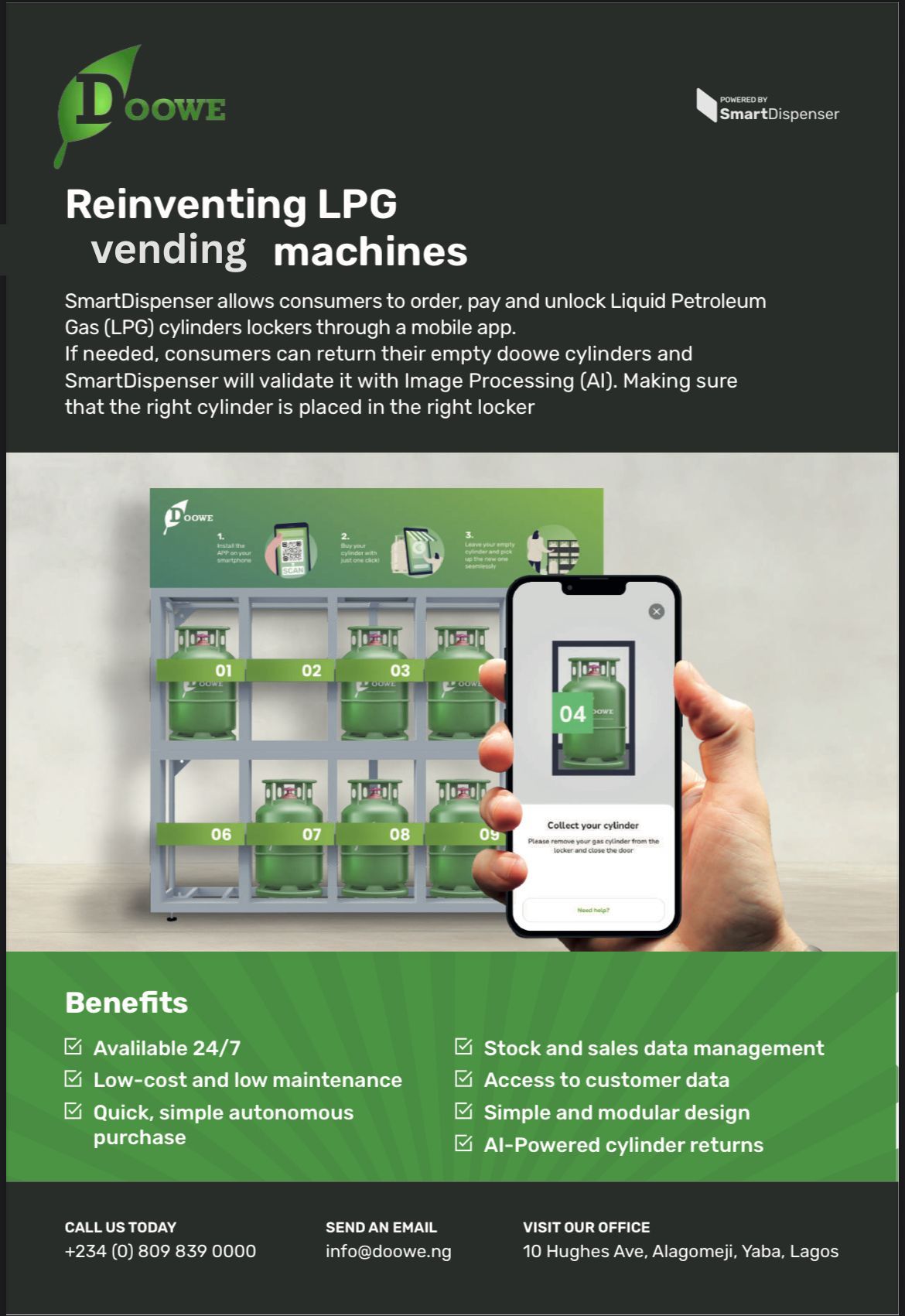Indigenous energy firm, Seplat Energy in collaboration with its Joint Venture (JV) partner, the Nigerian National Petroleum Company Limited (NNPCL) has launched its key Liquified Petroleum Gas (LPG) project aimed at deepening shift in clean cooking fuel in Nigeria.
Seplat Energy Plc, took the decisive step toward reshaping the country’s energy landscape with the delivery of its first domestic supply of LPG from the Bonny River Terminal (BRT) in Rivers State.
Together with the NNPCL, Seplat Energy accomplished the loading of 12,600 metric tons of butane, marking a decisive shift in the country’s long-standing reliance on imported cooking gas.
The product produced from the BRT, an asset previously operated by ExxonMobil and acquired by Seplat, was almost exclusively exported, depriving the domestic market of much-needed supply.
The landmark cargo, therefore, signals not only a milestone for Seplat but also a pivotal moment for Nigeria’s quest to strengthen energy security and sustainability.
Poor infrastructure and fragmented policies have left the domestic gas market underdeveloped, even when Nigeria reportedly hosts the largest natural gas reserves in the world.
Over 70 per cent of the LPG consumed locally is imported, making prices vulnerable to foreign exchange (FX) fluctuations and global supply disruptions. However, with this new development, Seplat would significantly inject huge volume of locally produced LPG into local market.
This is in line with the company’s broader gas-focused strategy, anchored on expanding supply into the domestic market. Seplat is simultaneously developing two major gas processing facilities, the 300 million standard cubic feet per day (MMscfd) ANOH Gas Plant in Imo State and the 90 MMscfd Sapele Gas Plant in Delta State.
Both plants are equipped with dedicated LPG units capable of producing 120 metric tons and 163 metric tons per day, respectively, and are expected to come on stream by the fourth quarter (Q4) of 2025.
Nigeria’s overreliance on biomass and kerosene for cooking among its estimated 200 million people has been a major driver of deforestation, greenhouse gas emissions, and public health challenges.
The International Energy Agency (IEA) said that nearly 80 per cent of Nigerian households still rely on firewood, charcoal, and other polluting fuels. By boosting the supply of affordable LPG, Seplat’s initiative offers a cleaner, safer alternative for millions of families.
The Chief Executive Officer (CEO) of Seplat Energy Plc, Roger Brown, underscored the importance of the breakthrough in supporting the nation’s energy transition.
“Usage of gas and LPG is on the rise in Nigeria, and reliable supply is critical in ensuring energy security in the country as well as reducing carbon emissions and other harmful air pollutants,” Brown said. “At Seplat, we are proud to be driving this transformation, delivering cleaner energy solutions that empower communities and drive inclusive growth.”
Analysts note that Seplat’s entry into the domestic LPG market could have ripple effects across Nigeria’s energy ecosystem. By reducing the pressure on foreign exchange through import substitution, the initiative can help stabilise cooking gas prices, which have been volatile in recent years. It also creates opportunities for downstream businesses involved in distribution, storage, and retailing of LPG, thus strengthening the broader energy value chain.
Furthermore, the project strengthens Nigeria’s commitment to global climate goals.
The federal government has consistently emphasised gas as the country’s transition fuel under its ‘Decade of Gas’ initiative. Seplat’s progress demonstrates how indigenous companies can lead in implementing this vision by translating resource potential into tangible benefits for households and industries.
For communities, the implications go beyond cheaper cooking fuel. Widespread adoption of LPG reduces indoor air pollution, a major cause of respiratory illnesses and premature deaths in Nigeria. It also lowers the demand for firewood, slowing deforestation and helping to preserve ecosystems that are vital for climate resilience.
The Bonny River Terminal project highlights the evolving role of indigenous players in the country’s oil and gas sector. Since acquiring assets once held by international oil companies, Seplat has increasingly positioned itself as a champion of domestic energy security.
About DooweGas
DooweGas (Doowe Investment Limited) is Nigeria’s leading LPG retail company, committed to bringing innovation, safety, and efficiency to energy solutions nationwide.
Follow us on all major social platforms for vital tips.
Our YouTube channel is dedicated to providing in-depth analysis for professionals, investors, and policymakers. Get informed, get empowered.
Join the conversation.
Subscribe today!. ➡️ https://lnkd.in/e_vit42X
Source: Orientalnews.ng





